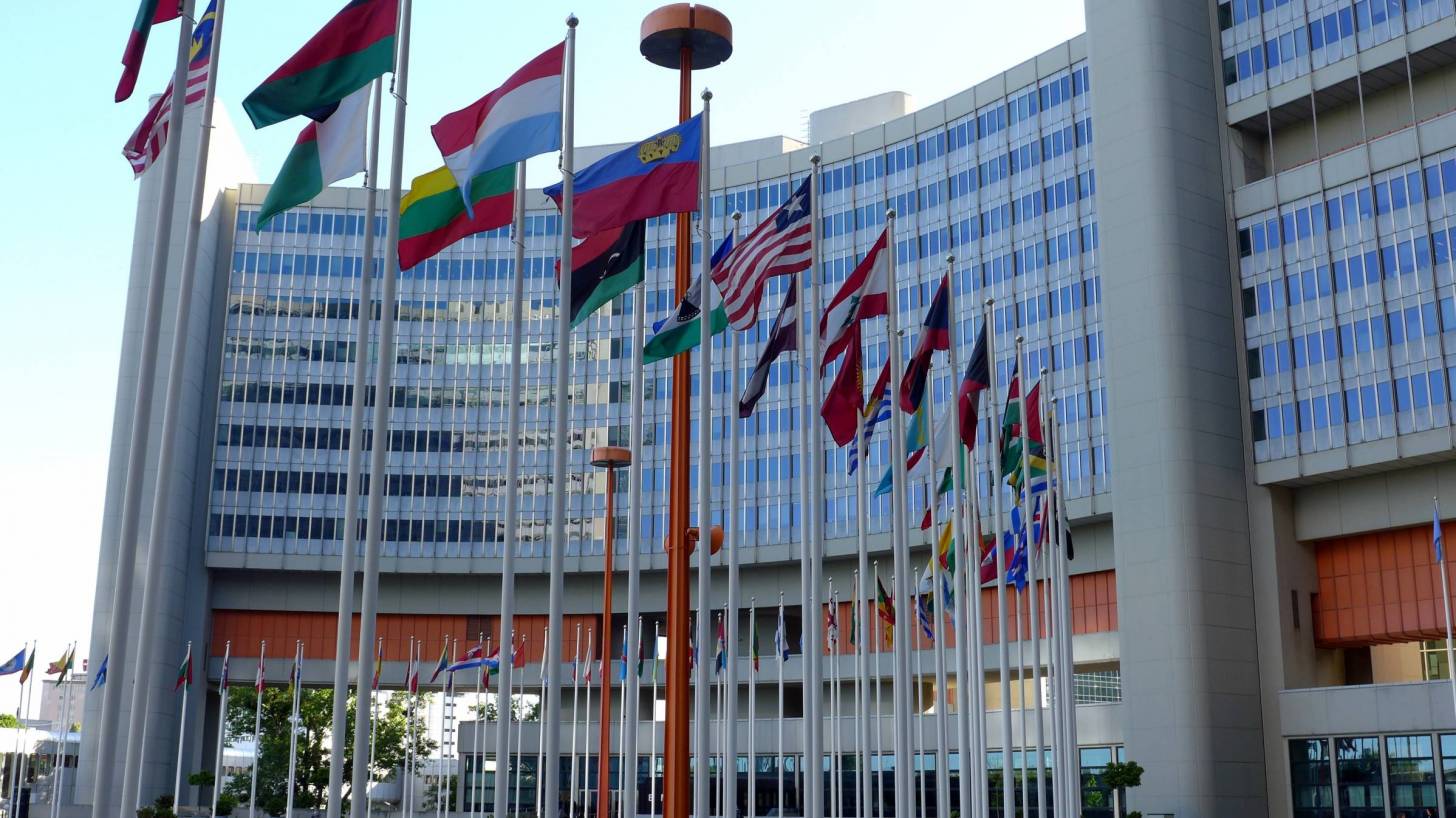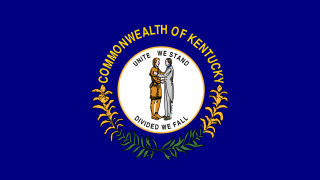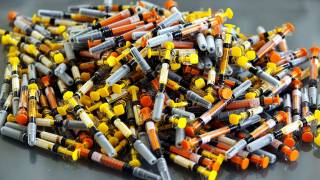Which Subpopulations Should Get a 3rd MMR Vaccination?

Mumps virus outbreaks are being reported with increasing frequency, particularly among young adults attending colleges.
Additionally, mumps outbreaks in ethnic sub-populations living in the USA are also increasing, according to a new study published in The Lancet on January 8, 2019.
This study, led by Virgie S. Fields, an Associated Infections Epidemiologist at Virginia Department of Health, focused on the 2016-17 mumps outbreak in a highly vaccinated Marshallese community of approximately 4,000 people living in the state of Arkansas, USA.
The study reported 2,954 mumps cases during the outbreak period. And, of those cases, 1,692 (57%) were in Marshall Islanders living in Arkansas.
Among the 1,676 school-aged mumps cases, 1,536 (92%) had previously received 2-doses of the measles, mumps, and rubella (MMR) vaccine.
Which means, the 2-dose MMR vaccination was not delivering sufficient immunization to prevent this mumps outbreak.
The Arkansas mumps outbreak was the 2nd largest in the USA since the 2-dose MMR vaccine was introduced in 1989. The mumps component of the MMR vaccine has reported being 88 percent effective when a person gets 2 vaccine doses.
According to another study, one potential cause of these mumps outbreaks is ‘waning-immunization.’
A previous study from the Harvard T.H. Chan School of Public Health found that vaccine-derived immune protection against mumps persists an average for about 27 years, after the last administered dose.
These Harvard researchers estimated that 25 percent of people vaccinated against mumps may lose protection within 7.9 years, 50 percent within 19 years, and 75 percent within 38 years.
Around the world, mumps outbreaks have been reported during 2018 in various subpopulations living in:
In response to the expanding number of mumps outbreaks, the Centers for Disease Control and Prevention (CDC) released new guidance in October 2017 on when the 3rd dose of mumps vaccine is appropriate.
This new CDC guidance did not recommend a 3rd MMR dose outside of an ‘ongoing outbreak’.
Another reason for mumps outbreaks could be under-vaccinations by international travelers.
The CDC says international travelers who cannot show that they were vaccinated or are otherwise protected against mumps, should get vaccinated before leaving the USA.
As of December 1st, the CDC confirmed 2,106 mumps cases from 47 states and the District of Columbia during 2018.
In the USA, most pharmacies offer MMR vaccination services.
Children under the age of 12 years old may also get MMRV vaccine, which protects against measles, mumps, rubella, and varicella (chickenpox).
To schedule an appointment with a pharmacist visit this site.
The CDC Vaccine Price List provides private sector vaccine prices for general information.
Vaccine discounts can be found here.
Vaccines, like any medicine, can have side effects, says the CDC. You are encouraged to report negative side effects of vaccines to the FDA or CDC.
Our Trust Standards: Medical Advisory Committee

























